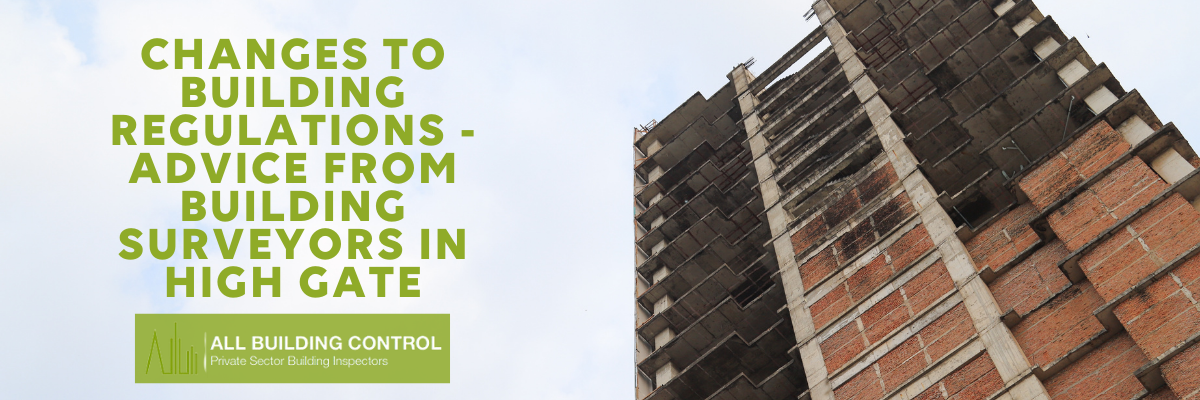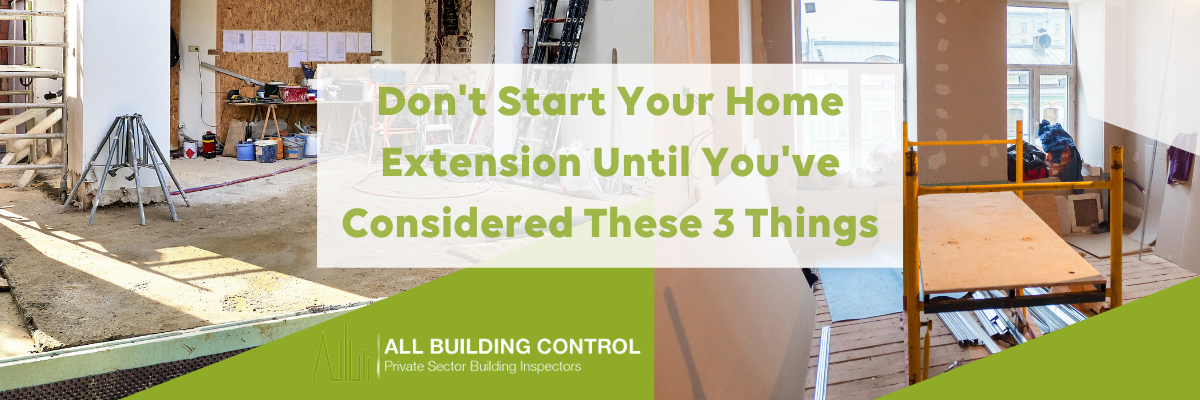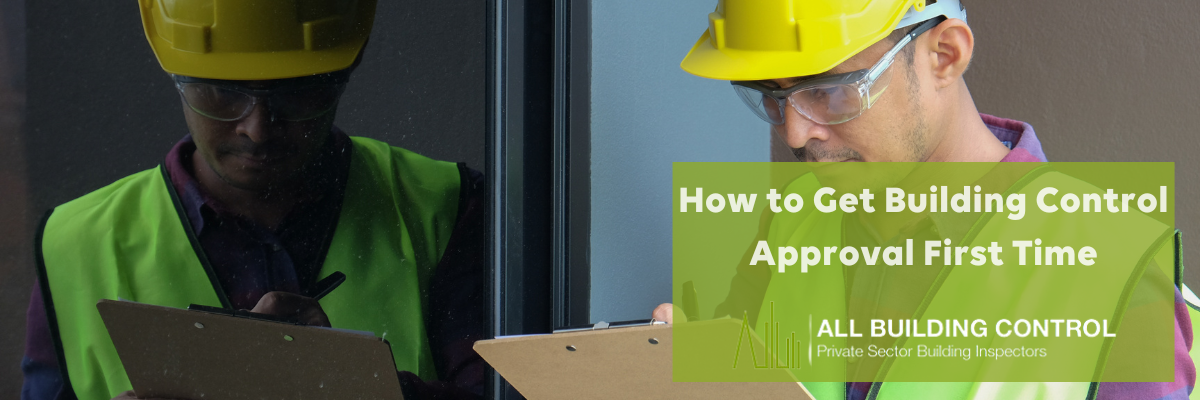6 Key Benefits of Hiring Chartered Surveyors in Kensington
When it comes time to buy or sell a property, you can choose many professionals to help you through the process. However, if you want the peace of mind that comes with knowing that your property is in good hands, hiring a Chartered Surveyor is the best decision you can make. These experts can make things easier for you when you need to make an informed and wise decision regarding a property’s future.
Let’s see how professional Chartered Surveyors in Kensington can help you with property deals.
Benefits of Working with Professional Chartered Surveyors
1. Expertise: A Chartered Surveyor is a professional with extensive training and years of experience in surveying properties. This means they will be able to identify any potential issues with your property and provide expert advice on how to deal with them.
2. Knowledge of the Local Area: A certified surveyor will have an in-depth knowledge of the local area, including which areas are more desirable and which have a higher or lower risk of flooding. This information can be invaluable when deciding where to buy or sell a property.
3. Professionalism: A Building Surveyor will always act professionally and in your best interests. They will keep you up to date with progress reports, answer any questions you may have, and work hard to get the best possible outcome for you.
4. Thorough Inspection: These experts will conduct a thorough inspection of your property, looking at everything from the roof to the foundations. This allows them to identify any potential problems early on and take steps to fix them before they become too costly or difficult to repair.
5. Comprehensive Report: Once the inspection is complete, the Chartered Surveyor will compile a detailed report outlining their findings. This report can be very useful when it comes time to negotiate with potential buyers or sellers or when applying for a loan.
6. Peace of Mind: Ultimately, one of the main benefits of hiring a Chartered Surveyor is peace of mind. Knowing that someone is looking out for your best interests and has your property’s best interests at heart can be incredibly reassuring, especially during what can be a stressful time.
At All Building Control, we provide our clients with comprehensive building survey reports that will help them to make crucial decisions about a certain property. We are a Corporate Approved Inspector licensed by the Government (via the Construction Industry Council (CIC) to undertake plan checking and site inspections and issue you Building Regulations Approval and Completion Certificates.
Please get in touch with us to get a free quote and other relevant information.










